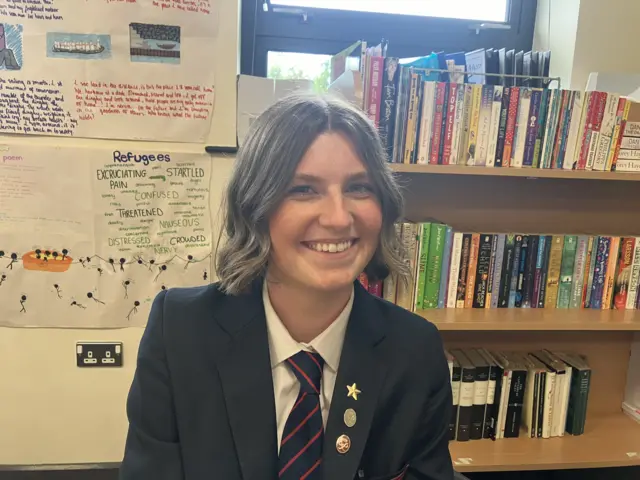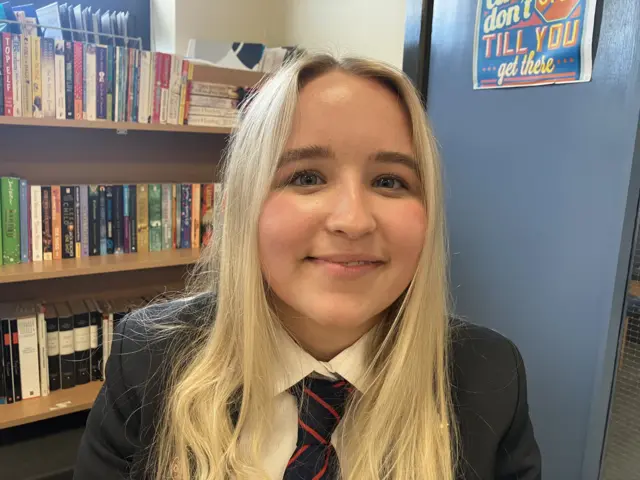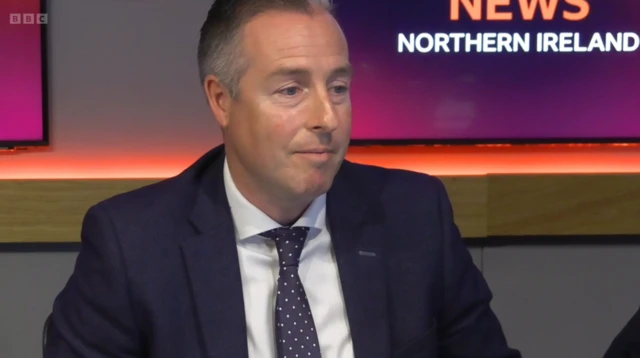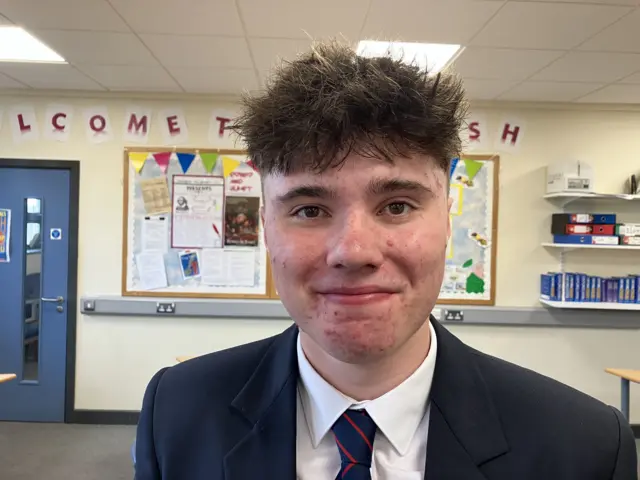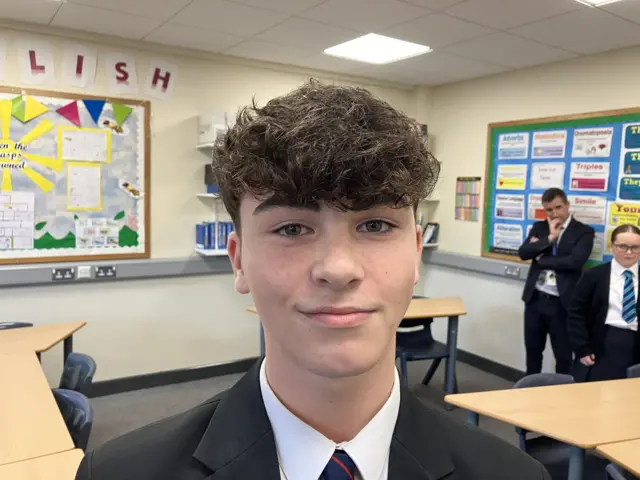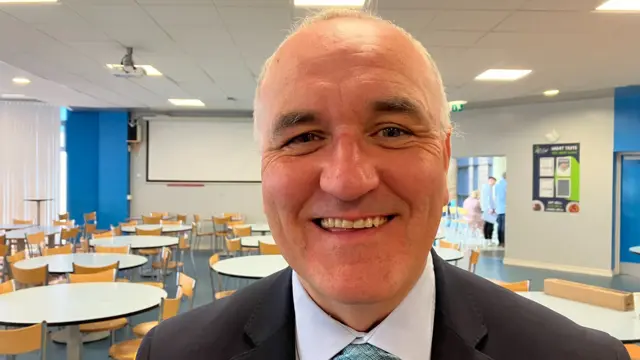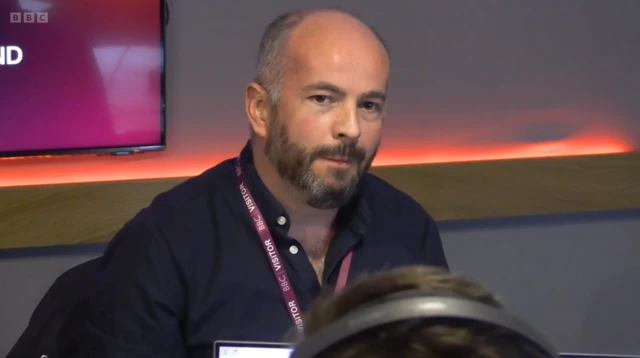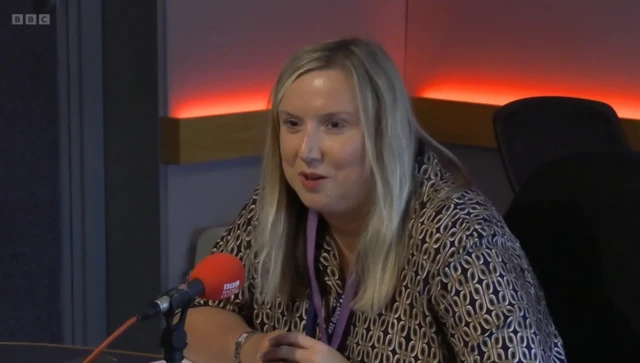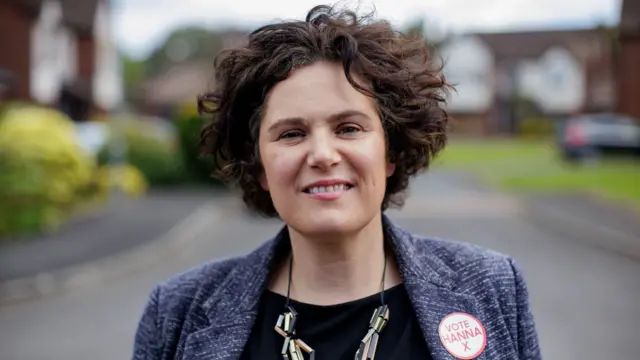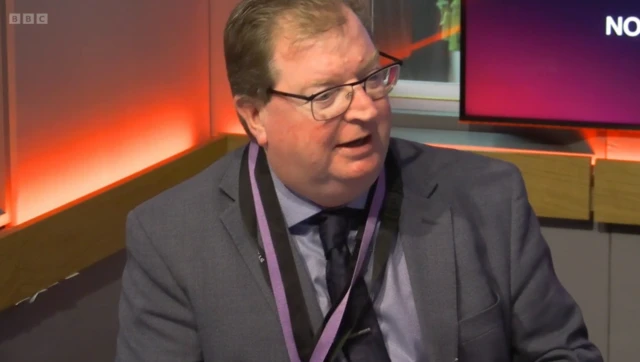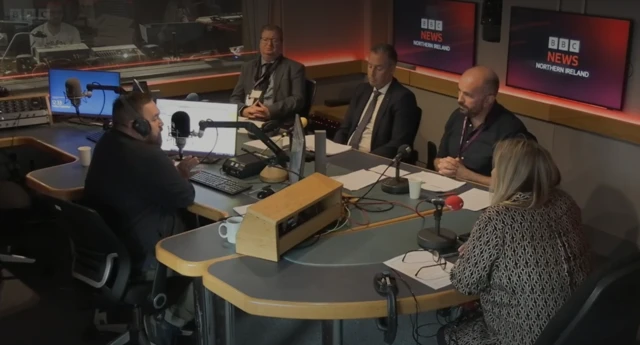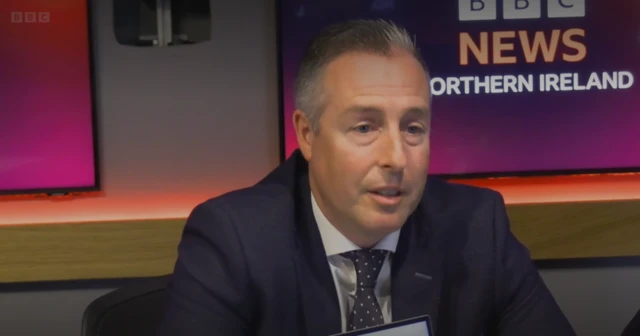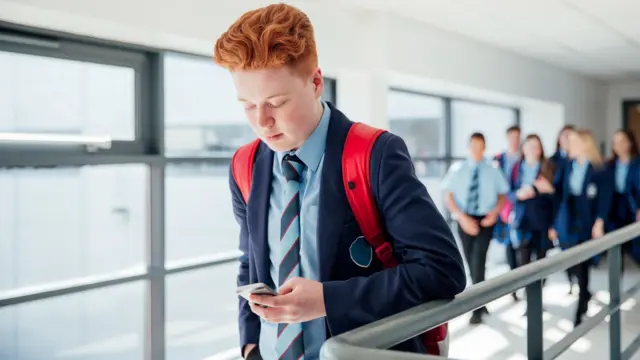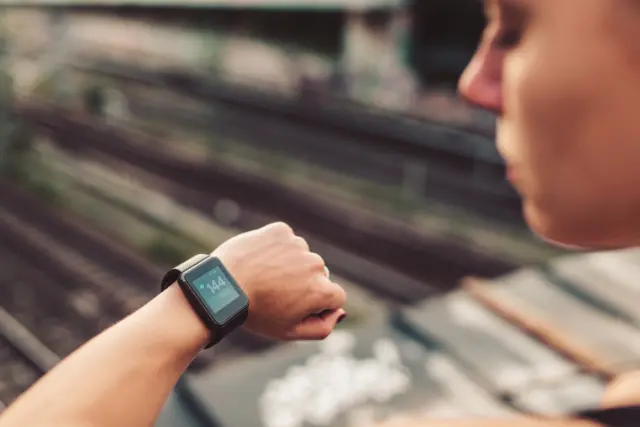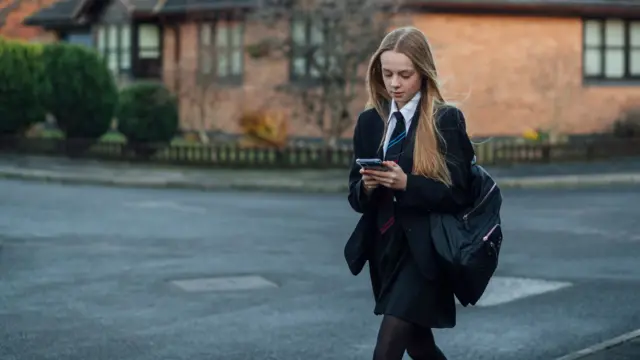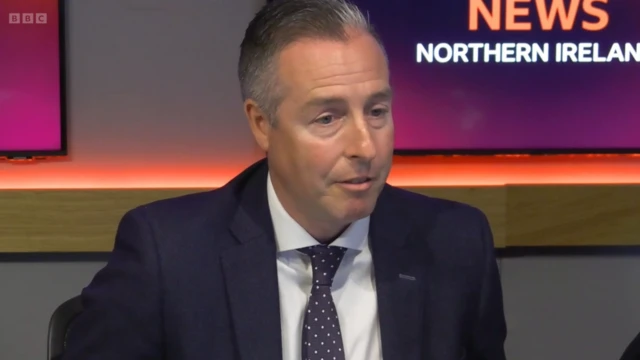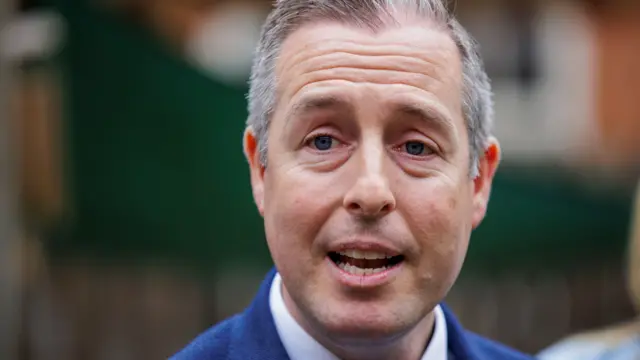Thanks for joining uspublished at 13:18 BST 3 September 2024
That concludes our live coverage today of new guidance issued to schools in Northern Ireland on the use of smartphones by pupils.
Here's a quick reminder of what happened today:
- The Education Minister Paul Givan announced guidance for schools that pupils should not be accessing smart devices during the school day
- Speaking on the BBC's Talkback programme, the minister said the policy was "evidence-based" and designed to protect children's welfare, ensure they are focused during class, and socialising during break and lunch
- The guidance has been welcomed by some principals and teachers
- Schoolchildren that the BBC spoke to had mixed reactions, some admitted that their phones are a distraction during school, while others said there was no harm in looking at it outside of class time
You can scroll back on this page for a full look at our coverage.
For more on this story, click here.
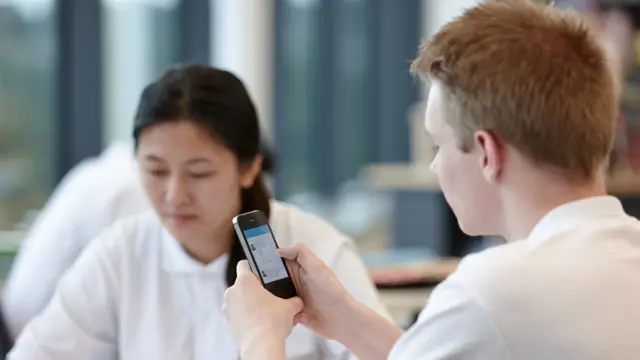 Image source, Getty Images
Image source, Getty ImagesThe live page today was edited by Matt Fox with additional reporting by Finn Purdy, Andrew McNair and Barry O'Connor
